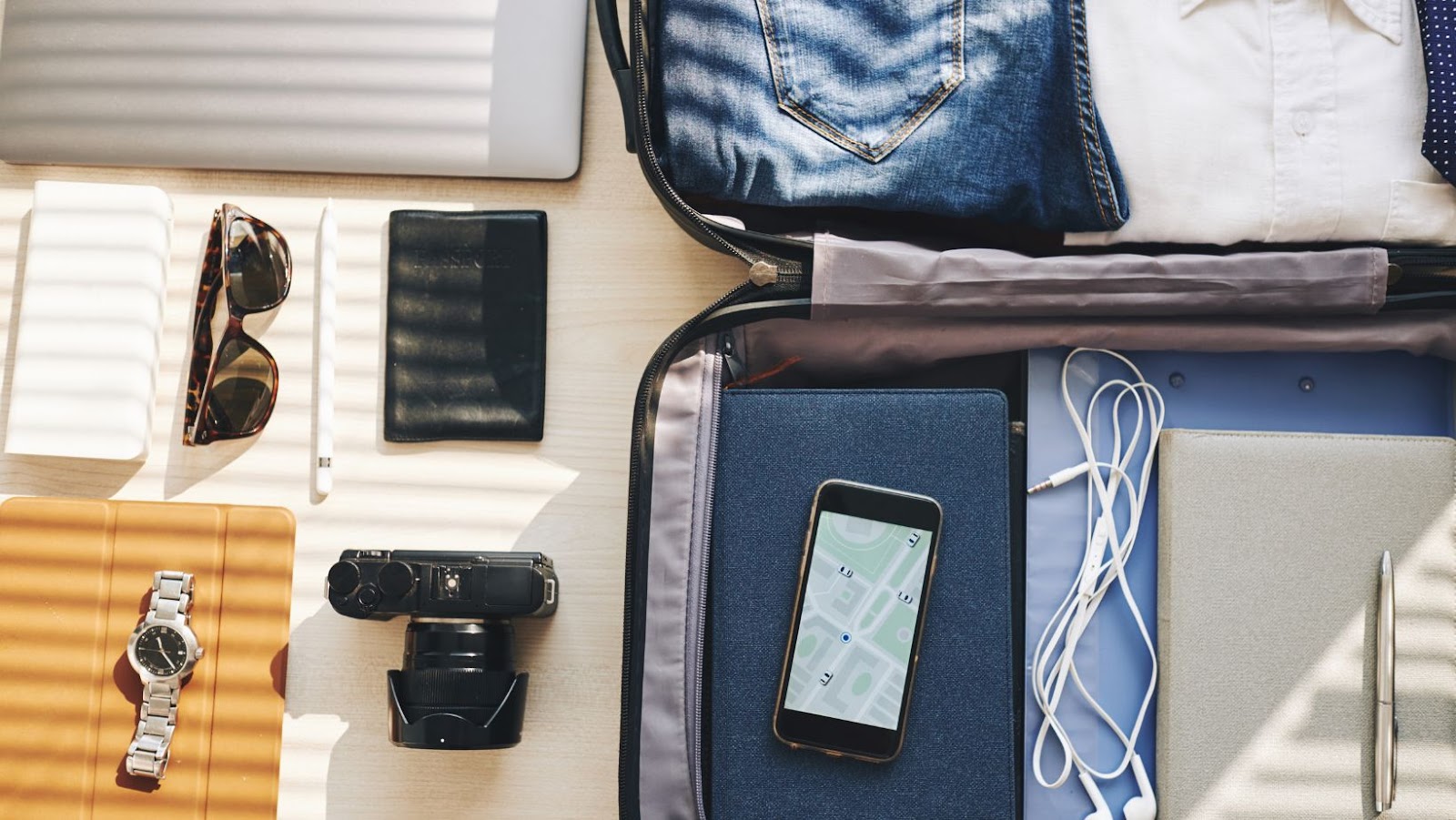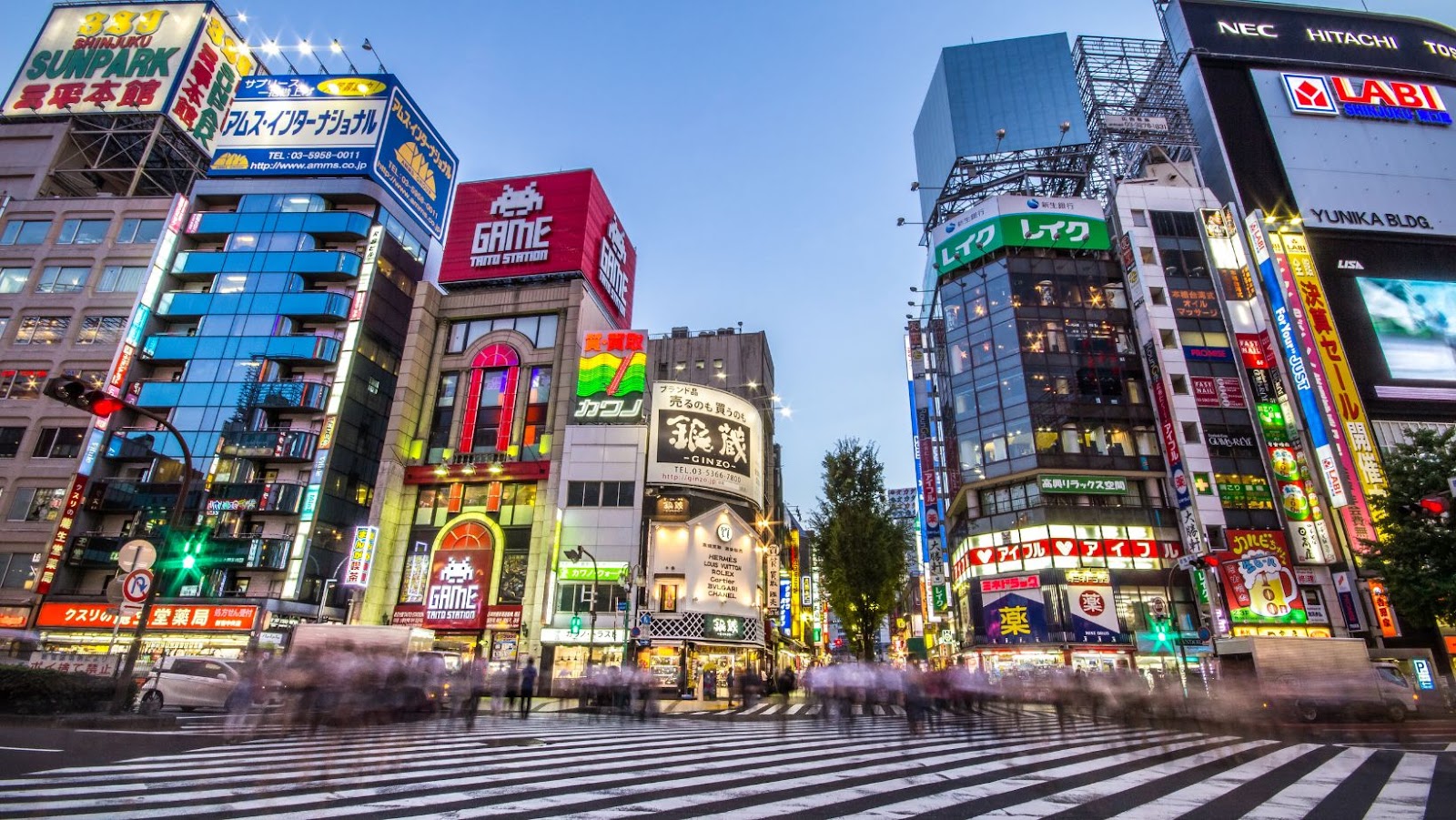 Japan Travel Essentials
Japan Travel Essentials
Forethought and understanding carry weight in formulating Japan travel essentials. For instance, respecting local customs, complies with Japan’s cultural etiquettes. Similarly, an understanding of the language – or at minimum, mastery of primary phrases – can be invaluable.
Also, the weather plays a vital role in packing. Japan’s four-season climate, predictably tough winters in Hokkaido, or heavy summer rains in Tokyo, dictate outfit options aplenty.
Notably, Japan maintains strict rules about certain medications; therefore, travelers must check their medicinal requirements, prior to landing. Lastly, a noteworthy aspect remains understanding the connectivity nuances of Japan, making a Portable Wi-Fi or a SIM Card essential items.
Travel essentials lend convenience and assurance during your Japan jaunt. These essentials, varying from clothing, gadgets to documentation creates, standby for unforeseen scenarios. Instances like a sudden downpour in Kyoto would illustrate the necessity of an umbrella or a poncho.
As you venture through the bustling streets of Shinjuku or the tranquil trails of Mt. Fuji, travel essentials like portable power banks guarantee continued smartphone usage. In the event of losing way, a travel guide or a map would prove beneficial. Moreover, crucial travel documents — passport, identification, travel insurance — should be at an arm’s reach, ensuring swift airport transitions.
 Japan Specific Travel Essentials
Japan Specific Travel Essentials
Travel experiences get a boost with preparedness; having the necessary papers at hand contributes significantly to that. Visitors to Japan must obtain passports with at least six months’ validity, and required visas, following Japan’s Immigration Bureau’s regulations. For instance, 68 countries and regions have visa exemptions, but others need to apply beforehand. Always keeping a copy of the passport’s identification page, it becomes handy in case of loss or theft.
Travel insurance, not a mandatory requirement, gets high recommendation. It covers unexpected events—illnesses, accidents, or lost luggage. Also, knowing about Japan’s strict rules regarding prescription medication is beneficial, carrying only the legal amount into the country prevails.
Public transportation, the heart of Japanese commuting, demands certain essentials. A Japan Rail Pass (JR Pass), delivers unlimited travel on Japan Rail Network for seven, 14, or 21 days, a bargain if exploring beyond Tokyo. Purchasing it before reaching Japan becomes necessary. For local transit, a Suica or Pasmo card, rechargeable IC cards, makes commuting stress-free.
Equally important, understanding the subway’s etiquette—avoiding loud conversations, making space for others—keeps harmony intact. Carrying a small, foldable umbrella and being aware of the ‘Women-Only’ train cars during rush hours adds to the list—Japan respects courtesy.
Money matters need acute attention while traveling. Credit cards serve well in large establishments in Japan, but many places, especially outside major cities, accept only cash. Carrying ample Japanese Yen transforms into a savior in these instances. Finding ATMs that accept foreign cards, mostly found in post offices or convenience stores (konbini), facilitates access to cash. However, caution prevails when using public ATMs; they generally close at 9 PM.
 Emergency Essentials for Traveling in Japan
Emergency Essentials for Traveling in Japan
In the event of an emergency in Japan, two critical numbers warrant immediate recall. Dial 119 to reach fire service and ambulance, compared to 110 for police. Travelers may also find the Japan Visitor Hotline helpful. This line, available at 050-3816-2787, offers tourism information and advice in English, Chinese, and Korean from 7 a.m. to 10 p.m.
Visitors exploring Japan are advised to download and utilize some practical applications such as “Japan Official Travel App,” “Safety Tips,” and the “NHK World” app. The first provides a multitude of information on tourism, including essential emergency contact details. The latter two are particularly handy in sharing critical disaster alerts and news in English, respectively.
Japan’s geographical position makes it prone to natural disasters, including earthquakes, typhoons, and tsunamis. Therefore, a responsible traveler should be aware of disaster preparedness and how to respond in emergencies effectively.
Purchasing a small radio that receives AM/FM and shortwave signals – with a preference for radios marketed as ’emergency’ or ‘weather’ radios – offers a connection to critical weather updates and disaster alerts. Keeping a headlamp handy can also add an invaluable tool in case of sudden power outages or navigating during dark hours.
Many buildings in Japan, particularly hotels, have clearly marked evacuation routes and safety instructions. Tourists are advised to take note of these upon settling into their accommodations. Moreover, the Japan Meteorological Agency’s website maintains regular updates on weather conditions and natural disaster warnings, providing a crucial source of updated information.